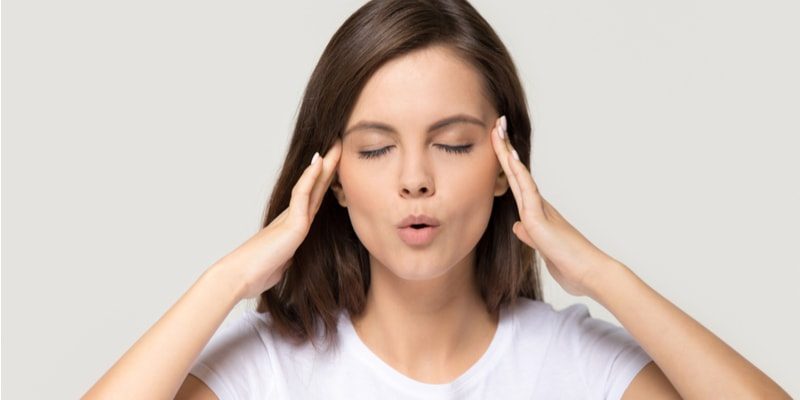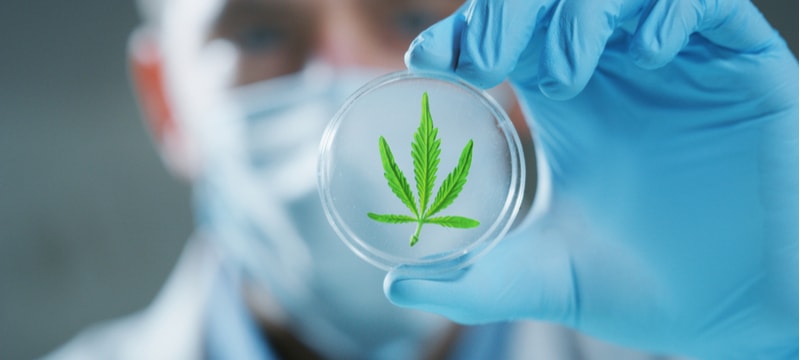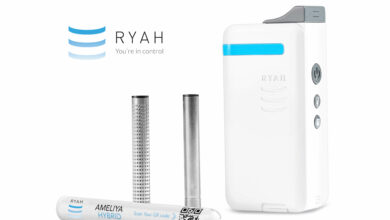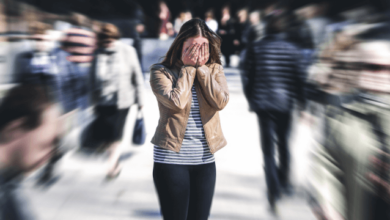
We’re less than two decades into the 21st century, but it is already clear that we are living in the Age of Anxiety. Between worrying about climate change, political instability across the globe, and the increasing prevalence of technology in our everyday lives, people are seemingly left struggling with higher levels of anxiety and stress than any previous generation.
Table of Contents
Generation angst
The emergence of perpetual connectivity caused by modern technology leaves people grappling with a 24-hour news cycle spitting out increasingly emotive and sensationalist headlines, while simultaneously battling the rise of ‘fake news’ proliferating mainstream media. As the media becomes both increasingly pervasive and equally unreliable, the astronomic rise of social media sees us as more connected, yet more isolated than ever.
As attention around anxiety disorders has increased dramatically in recent years, so has the ‘‘wellness’ movement seeking to move away from traditional pharmaceuticals and high-potency antidepressants can be replaced by CBD in favour of taking a more naturalistic approach to treating anxiety and other mental health issues.
In recent years, cannabidiol (CBD), the non-psychoactive compound found in the cannabis plant and industrial hemp has become one of the most prolific ‘wellness’ supplements for treating anxiety. However, this increased attention has been both a blessing and a curse.
As peak CBD mania has saturated social media feeds with everything from CBD water which Europeans seem to be slow to use to CBD hummus promising to cure what ails you, many people have been quick to write off cannabidiol as a mere snake-oil placebo by pointing to the lack of conclusive scientific research around the compound. So if CBD really does have so much potential for treating anxiety, what research exists to prove it?
Social Stigma
The truth is, the lack of definitive research around CBD as a potential medical treatment is largely thanks to the stigma around cannabis and its status as an illegal drug, which leads governments around the world to impose serious restrictions on cannabis research.
Despite these limitations, there has actually been a steady stream of scientific research on the benefits of CBD dates back to the 1940s. However, because of harsh governmental restrictions on cannabis, much of the research around CBD and mental health has been limited to smaller pre-clinical trials and rodent studies.
CBD and Social Anxiety Disorder
Of the few clinical trials on CBD and anxiety in human subjects, researchers have concluded that CBD can provide promising results for helping depression as well as reducing stress and anxiety.https://www.theextract.co.uk/cbd-oil-depression/#How_Does_CBD_Affect_The_Body
Scientists have been studying the effects of CBD on anxiety for years, and research from the early nineties medical studies has pointed towards CBD as an effective treatment for decreasing anxiety when compared against traditional anti-anxiety pharmaceuticals like benzodiazepines.
In more recent years, several studies have shown cannabidiol’s ability to alleviate anxiety.
One such study published in 2011 found that CBD significantly improved symptoms of performance anxiety in adults suffering from social anxiety disorder (SAD).
In a public speaking test, researchers compared 12 ‘healthy’ adult subjects with 24 patients suffering from social anxiety disorder, who had been treated with either a placebo or 600mg of CBD an hour beforehand.
The study found patients suffering from anxiety who used CBD performed significantly better in public speaking tests than patients who used a placebo and showed decreased cognitive impairment and reduced anxiety overall.
The potential for CBD as a treatment for social anxiety disorder was supported in another 2011 study, which found that CBD effectively reduced anxiety in men with a social anxiety disorder by increasing cerebral blood flow.
Most recently, a 2019 clinical trial studying the effects of CBD on anxiety and sleep disorders in men and women also found that CBD displayed considerable promise as a tool for reducing anxiety.
CBD and PTSD
As well as reducing general social anxiety disorder, there is research to show how CBD can improve anxiety as a symptom of other mental illness conditions. In researching post-traumatic stress disorder, a 2016 case study found that CBD oil worked effectively to reduce anxiety and insomnia as symptoms of PTSD.
The subject of the case study was a ten-year-old girl, suffering from anxiety and insomnia stemming from PTSD, which she had developed as a result of childhood sexual abuse. Her physicians had traditionally relied on pharmaceutical medication which provided partial relief, however, this was short-lived and also came with major side effects.
Rather than increasing her intake of psychiatric medication, clinicians turned to CBD supplements as an additional treatment for the girl’s anxiety and insomnia. The patient was prescribed 25mg of CBD before bedtime, with 6mg-12mg of CBD spray used under the tongue during the day to curb bouts of anxiety.
After a nine-month trial of CBD, clinicians saw a steady improvement in the girl's insomnia and a notable decrease in her anxiety and concluded that CBD oil, using the correct dosage, can work as a safe treatment for reducing anxiety and improving sleep disorders as a result of PTSD.
CBD and Panic Disorder
Recent research points towards CBD as a potential treatment for individuals suffering from panic disorder (PD), a disabling anxiety disorder that affects roughly 5% of the global population (around 385 million people).
The long-term treatment of panic-disorder is complicated by patients’ tendency to develop a tolerance to benzodiazepines and high-potency antidepressant drugs, which have traditionally been used to treat PD.
While clinicians stressed the need for more research, a 2017 review of both pre-clinical and clinical research found that CBD has potential as an alternative long-term treatment for panic disorder, as the compound does not induce dependence or tolerance in the same way traditional pharmaceuticals do.
More Research Needed
Despite these promising results, all of the studies mentioned have stressed the need for greater research into CBD as an effective treatment for anxiety disorders, as well as anxiety as a symptom of more serious mental health conditions.
Thankfully, the growing popularity of CBD and increasing media attention has pushed government officials around the world to take direct action towards more research on cannabidiol, and its potential as a legitimate medical treatment.
The UK legalization of CBD and other cannabis-based medical treatments in the UK last year is likely to open the door for more research on CBD and anxiety disorders, while 2018 also saw the FDA authorize CBD-derived epilepsy drug Epidiolex for sale in the United States. GW Pharmaceuticals, the UK-based company behind the drug, was even named as one of Time Magazine’s ‘50 Genius Companies of 2018’ thanks to the overwhelming media attention they received from Epidiolex, with company stock rising 6%.
In 2017 the U.S. National Institute of Health also allocated $140 million in funding for cannabinoid research, with $15 million earmarked for CBD, indicating that definitive research on CBD and anxiety could be in the pipeline.








